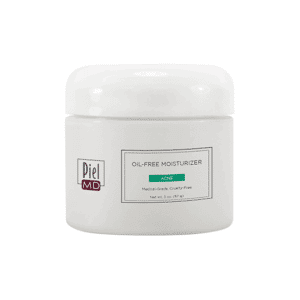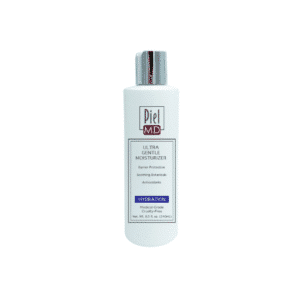Psoriasis affects many people, more than 8 million Americans and 125 million people worldwide, 2-3% of the total population. Although psoriasis, in general, may not be a life-threatening condition, having a chronic skin condition like psoriasis can greatly affect a person’s quality of life in a negative way. More recently, research has found that this inflammatory condition not only causes inflammation of the skin but of internal organs as well. Up to 25% of the psoriasis patients can have associated psoriatic arthritis. Internal inflammation can also cause inflammation of vessels, increasing the risk of heart attacks, strokes and atherosclerosis (deposition of fatty plaques in arteries). Although psoriasis is mainly considered a skin condition, it is not a cosmetic problem.
Psoriasis is a chronic skin condition that comes and goes. Classically, it is well-defined pink plaques with thick, silvery scaling that most often affects the elbows, knees and scalp. It can affect a small, focal area or can be widespread where most of the skin is affected. There are other less common forms such as guttate psoriasis (appears as multiple, small, pink, flat lesions with mild scaling), inverse psoriasis (affects areas such as the belly button, the groove between the buttocks, armpits and appears as moist, pink plaques), pustular psoriasis (appears as small pus-filled bumps with a pink base which can affect the palms and soles or diffusely all over the body) and erythrodermic psoriasis (a severe form of psoriasis that affects nearly the entire body).

At home, the main thing to focus on is maintaining good skin care. Psoriasis on the skin causes it to be less intact which results in drier, more uncomfortable skin. Moisturizing is key. I recommend a thicker moisturizer that is tolerable to you. Showers should not be more than once daily, should not be too hot and should be kept short at about 5-10 minutes. Harsh soaps can dry out the skin, so I recommend mild cleansers such as non-soap cleansers. As soon as you get out of the shower, a moisturizer should be applied all over the skin.
Psoriasis is a chronic skin condition that can cause a lot of distress. Fortunately, many treatments are available. If you think you have psoriasis, visit your local dermatologist to get a definitive diagnosis and a recommended treatment plan that is right for you!



